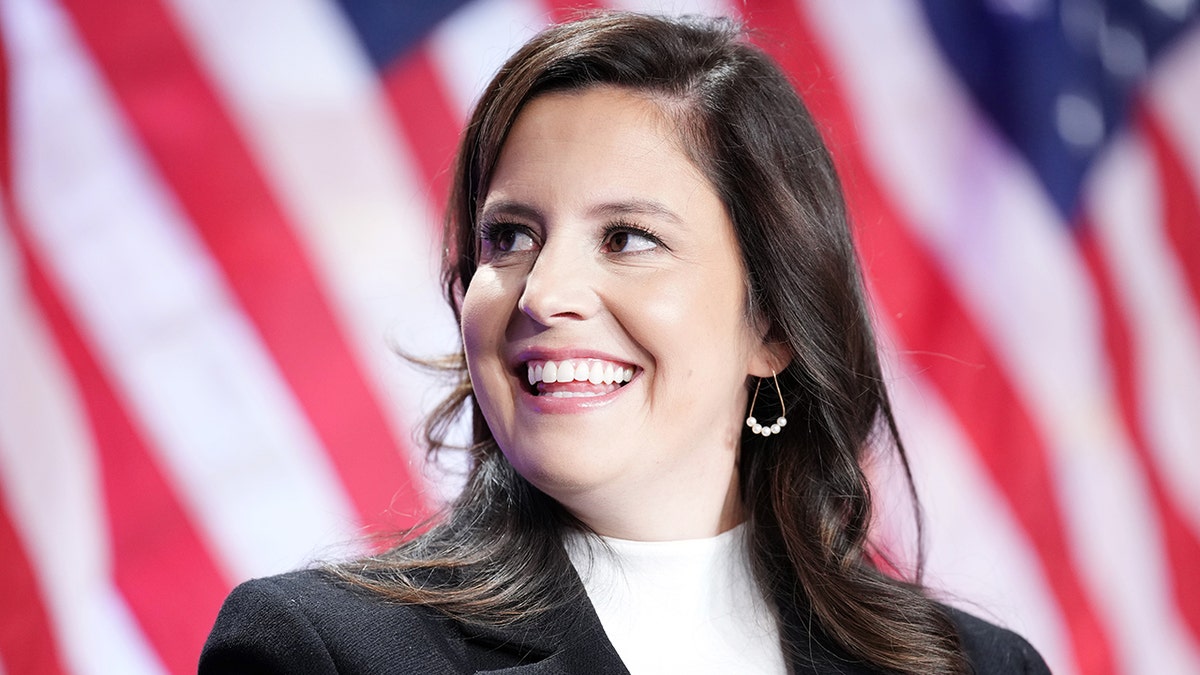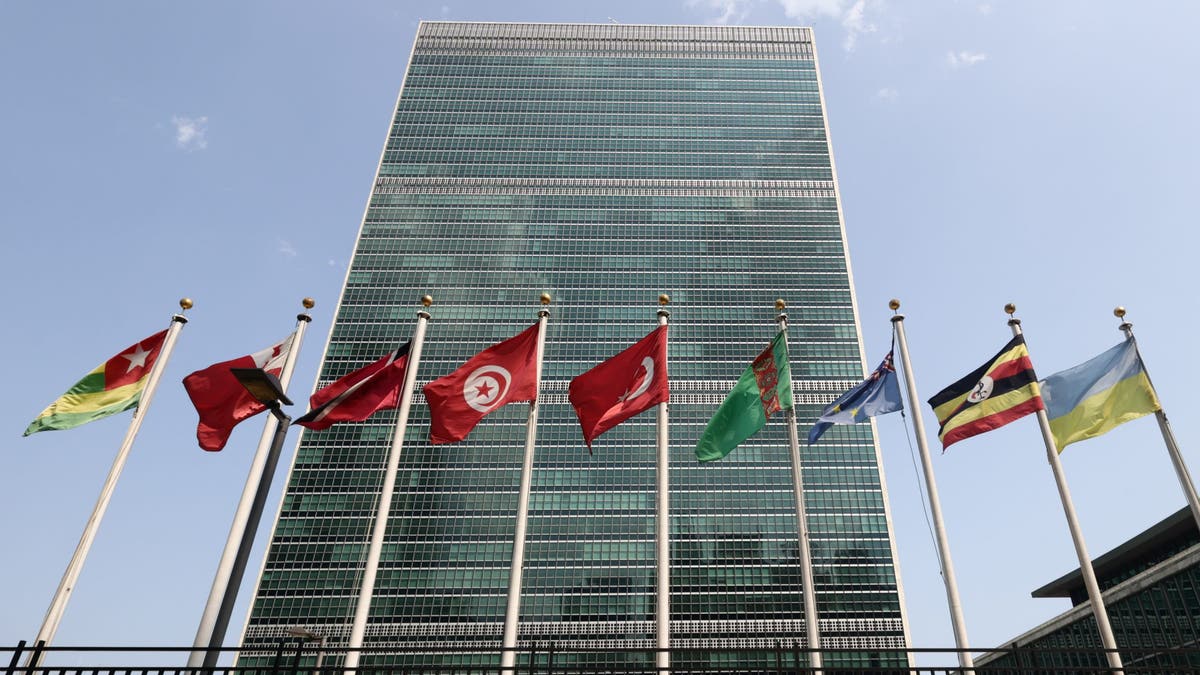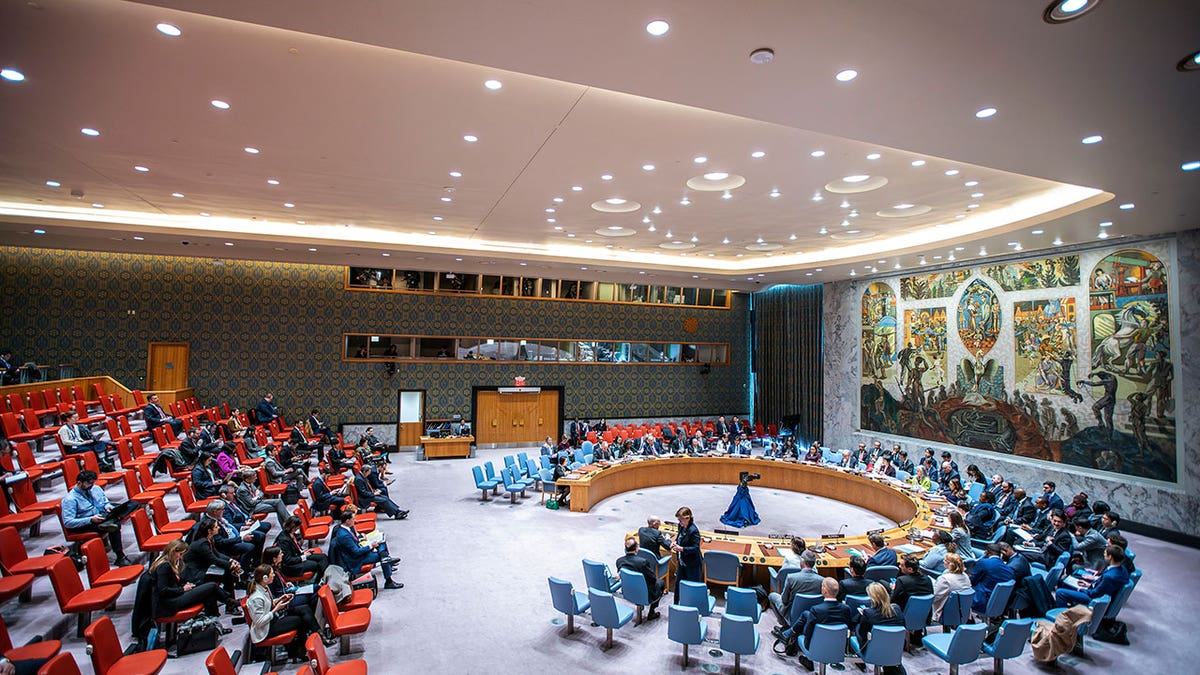Rep. Elise Stefanik, President Trump's nominee for UN Ambassador, is poised to prioritize American interests and responsible spending of taxpayer dollars if confirmed. In her opening statement before the Senate Foreign Relations Committee, Stefanik emphasized President Trump's belief in the UN's potential, provided it adheres to its core mission of fostering international peace and security. She underscored the importance of supporting Israel amidst ongoing global crises and national security concerns posed by nations like China, Russia, North Korea, and Iran.

Stefanik stressed the need for responsible stewardship of US taxpayer dollars, highlighting the nation's significant financial contributions to the UN. She pledged to oppose the use of US funds for programs that contradict American interests, promote antisemitism, or engage in illicit activities like fraud, corruption, or terrorism. Her congressional experience gives her unique insight into oversight and appropriations, which she plans to leverage to implement necessary UN reforms. Stefanik's confirmation process includes a hearing where she will address her plans for representing the US at the UN, followed by a committee vote and a full Senate vote.
With strong bipartisan support, including from Sen. John Fetterman (D-PA), Stefanik's confirmation is anticipated to proceed smoothly. Her experience on the Intelligence and Armed Services Committees, combined with her public scrutiny of university policies regarding pro-Gaza protests, positions her well for this role. As a Cabinet-level position, the UN ambassadorship entails regular interaction with the president for updates and recommendations. Both Trump and Stefanik have expressed concerns about the UN's effectiveness, with Trump having previously reduced funding for certain UN programs. The US provides a substantial portion of the UN's budget, which has seen increased contributions under the Biden administration. This financial leverage allows the US to influence UN policy by withholding funds if its global priorities diverge from American interests, a strategy some Republicans advocate. The upcoming election of the next UN Secretary-General in 2026, during which the US holds veto power, further underscores the significance of this appointment.


The US plays a crucial role in funding UN aid programs, contributing significantly to organizations like the World Food Programme, the UN High Commissioner for Refugees, UNRWA, and the International Organization for Migration. Concerns about China's growing influence within the UN, marked by a significant increase in Chinese nationals employed by the agency, add another layer of complexity to the challenges facing the incoming ambassador.
Comments(0)
Top Comments